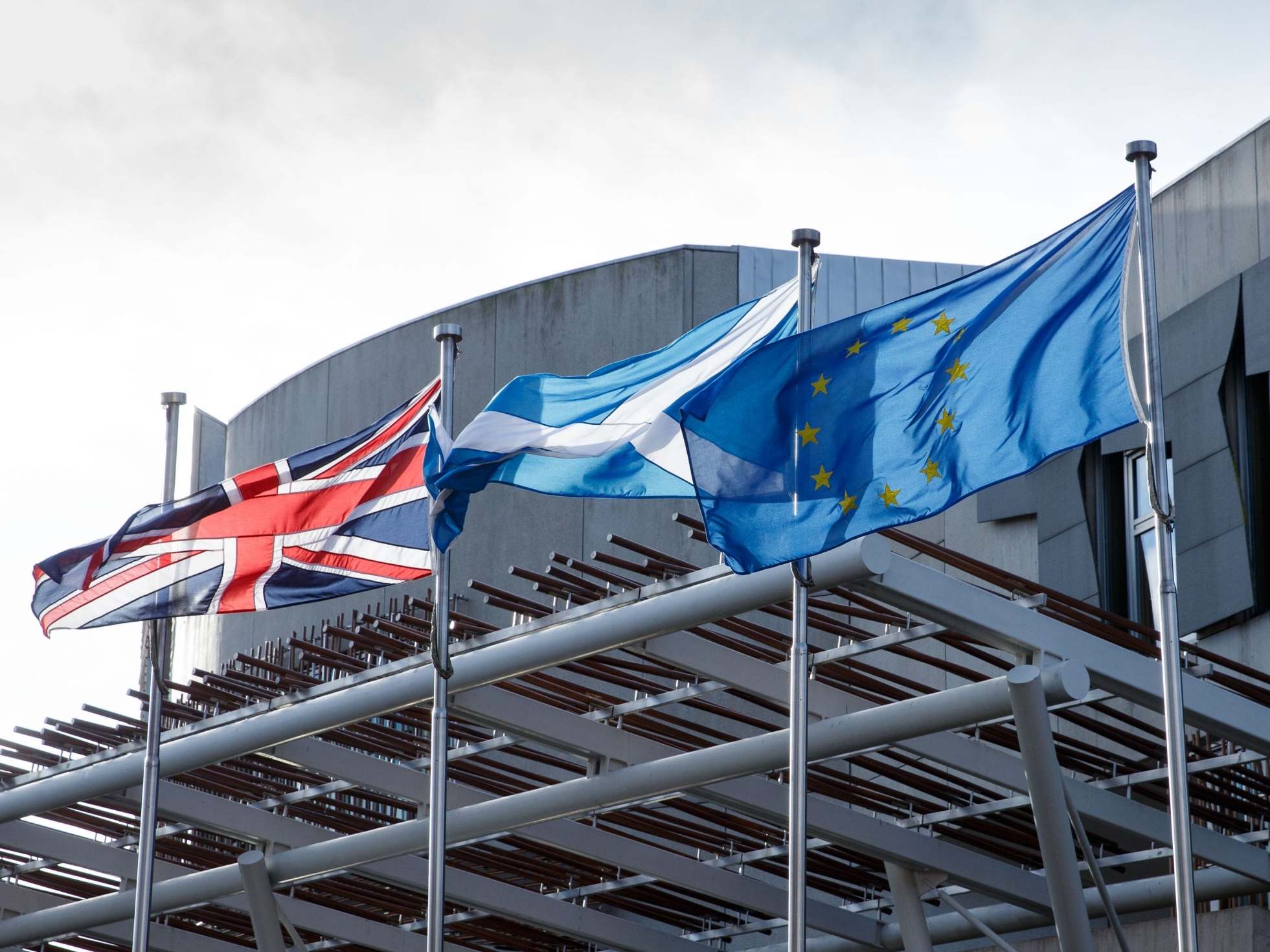Coronavirus: Scotland drops plans for trials without juries as lawyers oppose 'draconian' measures
Legal associations vow to fight any move to undermine 'fundamental right' in England and Wales
Your support helps us to tell the story
From reproductive rights to climate change to Big Tech, The Independent is on the ground when the story is developing. Whether it's investigating the financials of Elon Musk's pro-Trump PAC or producing our latest documentary, 'The A Word', which shines a light on the American women fighting for reproductive rights, we know how important it is to parse out the facts from the messaging.
At such a critical moment in US history, we need reporters on the ground. Your donation allows us to keep sending journalists to speak to both sides of the story.
The Independent is trusted by Americans across the entire political spectrum. And unlike many other quality news outlets, we choose not to lock Americans out of our reporting and analysis with paywalls. We believe quality journalism should be available to everyone, paid for by those who can afford it.
Your support makes all the difference.Scotland has dropped plans to hold criminal trials without juries during the coronavirus lockdown after lawyers and politicians opposed the “draconian measures”.
The Westminster government has not made similar proposals in England and Wales, where legal associations have vowed to fight “any effort to curtail this fundamental right”.
The first version of Scotland’s emergency legislation enabled criminal trials to be held without juries “for the purpose of ensuring that the criminal justice system continues to operate effectively”.
Guilt or innocence would be decided by a judge or sheriff instead.
But the passage was removed from the law before a debate in Holyrood on Wednesday, after Conservative and Liberal Democrat MSPs said they would vote against it.
The Scottish Criminal Bar Association (SCBA) said the bill amounted to an “attack on principles that have been built over 600 years”.
“Any changes, however temporary, should not erode important principles of our legal system which would have the effect of undermining or ignoring the citizen’s rights to justice,” said president Ronnie Renucci QC.
“The SCBA believes that these draconian measures seeking to bring about seismic changes to our system of justice are premature, disproportionate and ill-advised. They are at best a knee-jerk reaction to an as yet unquantified problem instigated by panic or at worst, something far more sinister.”
Michael Gove, a former justice secretary, was among critics of the plans and called them “deeply concerning”.

“I applaud the Scottish government for their generous co-operation in the fight against Covid-19 but is it wise to take this position on jury trials?” the Conservative minister wrote on Twitter.
“I make no criticism of colleagues facing difficult decisions, but let’s talk.”
The government has not floated any similar plans for England and Wales, where more than half of court and tribunal buildings have been shut because of coronavirus.
All jury trials have been stopped because of sickness and social distancing measures, and only urgent matters are being heard.
Lawyers have warned of a criminal justice “meltdown” after official figures revealed a backlog of more than 37,400 crown court cases existed before the coronavirus outbreak.
The Criminal Bar Association said that despite the “unprecedented situation”, the jury system must be maintained.
“The current temporary cessation of jury trials in England and Wales is just that - temporary - to allow proper and considered policies and procedures to be put in place,” said chair Caroline Goodwin QC.
“We would oppose any effort to curtail this fundamental right and conduct trials without juries.”

Join our commenting forum
Join thought-provoking conversations, follow other Independent readers and see their replies
Comments